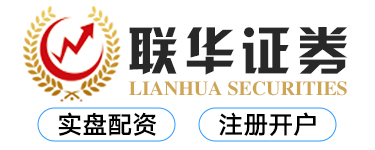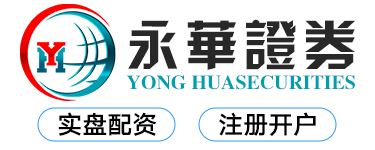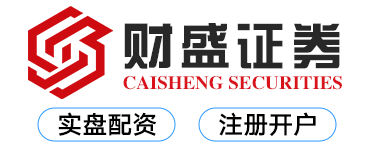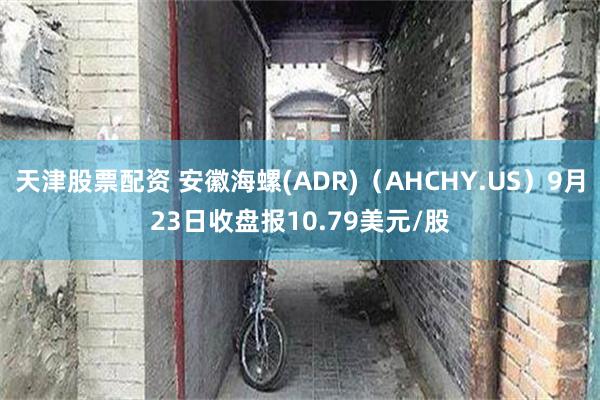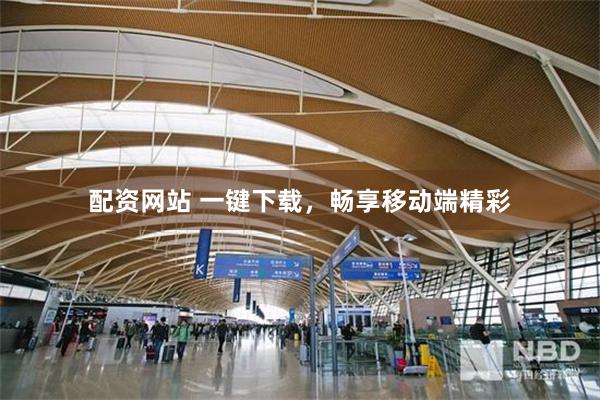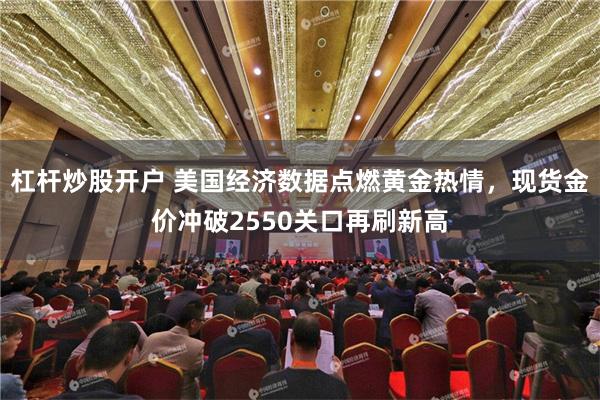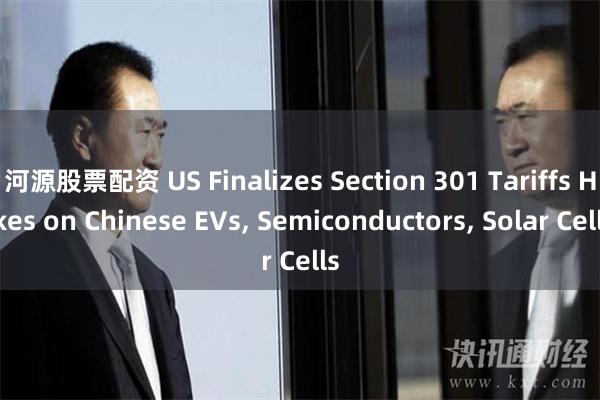
白银近期的反弹明显强于黄金,今天日内多头再度走强,目前离前高已经已经近在咫尺。多头也并无出现衰竭迹象,大概率将会继续走出延长走势。因此需要及时扭转思路,晚间以逢低做多为主。白银操作建议23.90买入,风控23.74,目标24.20~24.50。
现货白银周二收盘暴涨5.05%,报24.136美元/盎司,创4月以来新高。
TMTPost -- The U.S. government finalizes action to increase the tariff rate of existing Section 301 duties and impose additional Section 301 duties on certain products of China in strategic sectors including electric vehicle (EV).
Credit:Xinhua News Agency
The Office of the United States Trade Representative (USTR) announced Friday it final modifications concerning the statutory review of the tariff actions in the Section 301 investigation of China, based on the proposal the Biden administration unveiled in May. The USTR said the proposed modifications announced in May were largely adopted, with several updates to strengthen the actions to protect American businesses and workers from China’s unfair trade practices following the review of more than 1,100 comments from the public.
The White House announced on May 12 that U.S. PresidentJoeBiden directed his Trade Representative to increase tariffs under Section 301 of the Trade Act of 1974 on $18 billion of Chinese imports in order toprotect American workers and American companies from China’s unfair trade practices.President Biden is directing increases in tariffs across strategic sectors such as steel and aluminum, semiconductors, electric vehicles, batteries, critical minerals, solar cells, ship-to-shore cranes, and medical products,the White House said at its statement.
According to the statement, the Biden administration will sharply ratchet up tariffs on semiconductors, EVs, EV batteries, battery parts, solar cells and steel and aluminum, and impose new tariffs on cranes and medical products. Specifically, the tariff rate on EVs under Section 301 will increase to 100% in 2024, quadrupling the current tariff of 25%. The tariff rate on semiconductors will increase from 25% to 50% by 2025. The tariff rate on lithium-ion EV batteries will increase from 7.5% to 25% in 2024, while the tariff rate on lithium-ion non-EV batteries will increase from 7.5% to 25% in 2026. The tariff rate on battery parts will increase from 7.5% to 25% in 2024. The tariff rate on certain steel and aluminum products under Section 301 will increase from 0–7.5% to 25% in 2024. The tariff rate on solar cells (whether or not assembled into modules) will increase from 25% to 50% in 2024.The tariff rate on ship-to-shore cranes will increase from 0% to 25% in 2024. The tariff rates on syringes and needles will increase from 0% to 50% in 2024.
Under the USTR’s final modification, many of the tariffs would go into effect on September 27, including those on EVs, EV batteries, solar cells, steel, aluminum and key minerals. A 50% duty on Chinese semiconductors, that is due to start in 2025, now includes two new categories - silicon wafers and polysilicon used in solar panels.
The USTR determination marks the culmination of an over-two-year review of so-called Section 301 tariffs imposed by former President Donald Trump in 2018. For these additional duties, the USTR established a process by which interested persons could request the temporary exclusion of particular products subject to the action, and has granted exclusions for a limited time, most expired in 2019 and 2020. The USTR has repeatedly extending exlcusions since 2022. It said late August that provide a 14-day transition period for all current product specific exclusions from Section 301 Tariffs.
The tariff decision was made to ensure that the U.S. EV industry diversifies away from China's dominant supply chain, Lael Brainard, the top White House economic adviser, told Reuters Friday. She said such "tough, targeted" tariffs are needed to counter China's state-driven subsidies and technology transfer policies that have led to over-investment and excess production capacity.
“China will take resolute measures to defend its own rights and interests,”a spokesperson of the Ministry of Commerce of China (MOFCOM) said following the White House’s announcement of the tariff increase in May. With its domestic political considerations, the U.S. government abused the Section 301 tariff review process to further raise the Section 301 tariffs on some Chinese products, which is a classic example of political manipulation, and China expressed strong dissatisfaction with such action河源股票配资, the spokesperson said.
ratewillandsolarfrom发布于:北京市声明:该文观点仅代表作者本人,搜狐号系信息发布平台,搜狐仅提供信息存储空间服务。文章为作者独立观点,不代表正规配资十大排名_十大合法配资_十大正规配资平台观点

